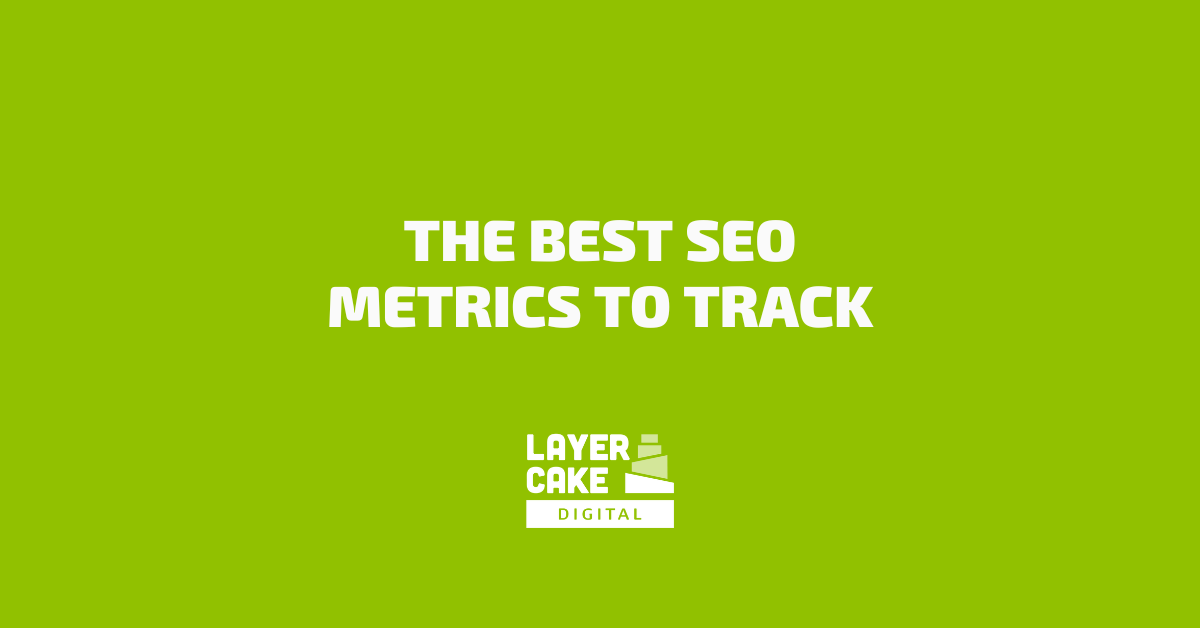SEO campaigns produce a colossal amount of data. You can use this data to your advantage by analyzing how your SEO strategy impacts everything from rankings to conversions and how your initiatives contribute to business success. But first, you need to confirm that you’re monitoring the correct SEO indicators for your objectives.
This post discusses how to track SEO, why you need to keep an eye on the performance of your website, and which key website metrics you should use for your reporting.
SEO tracking explained
SEO tracking is a thorough, data-driven procedure that tracks an SEO campaign‘s performance over time. The SEO tracking procedure can assist you in validating or modifying your search engine optimization approach so that you are consistently moving closer to your bigger objectives.
How important is it to monitor SEO performance?
Understanding where your company ranks in a search engine is becoming more and more crucial as more customers continue to use Google as their go-to source for goods, services, and information. Understanding where you stand in this complex online environment is made possible by SEO data. You’ll be able to make modifications thanks to these metrics, which will help your business perform better overall.
You can be sure you’re on the right SEO route to achieve your objectives when you routinely evaluate performance. Following SEO analytics enables you to:
- Adapt strategies to achieve better results.
- Discover fresh SEO opportunities
- Track your investment’s return (ROI)
- Determine whether your present plan needs to be adjusted or whether you should put additional effort and money into it

How to monitor and measure SEO results
SEO metrics enable you to assess many facets of performance in search engine optimization so that you may monitor trends and changes over time. You can examine a huge amount of material, but not all of it will be pertinent to your objectives.
In reality, most website owners don’t struggle with a data shortage. Astonishing volumes of information are delivered by tracking tools. Choosing which KPIs to focus on the most is the problem, but luckily this UpCity article lays out 12 of the most important, quantifiable metrics you should be using:
- Organic Traffic measures the number of people who visit your site through organic search. If you’re using and optimizing for the right keywords and creating good content against them, these numbers should increase.
- Bounce rate is the number of visitors who leave right away without engaging. A high bounce rate indicates a lack of user engagement, resulting in lost possibilities to convert traffic.
- Organic CTR measures the number of people who proceed to your site from a search engine results page, which means more traffic.
- ROI for SEO is based on the revenue generated against the money spent.
- Conversions–generally leads or sales–are a great way to track success. We suggest knowing the conversion benchmark before you start work on a campaign, and using a three-month average to measure growth.
- Organic Visibility is a solid KPI to analyze and measure for constant progress–an increase in impressions indicates increased organic visibility and growth.
- Branded vs. Non-Branded Traffic–Branded traffic is frequently driven by prior knowledge or a referral. Non-branded traffic comes from customers searching for terms related to your products or services. A positive shift in the percentage split of non-branded traffic is a great indicator of progress.
- Keyword Rankings aren’t as crucial as some of the other indicators in this list, but an increase in rank can indicate your strategy is working.
- Backlinks are one of the most important Google ranking factors. You should regularly monitor your link profile to determine link quality and overall health. Site authority is tied to your backlink profile, so keep it clean and accurate.
- Average Time on Page is a good way to determine how engaging your website is, as engaged users will stick around for a longer period. This is important because the more engaged visitors are, the more likely they are to convert.
- Crawl Issues include 4xx errors, 5xx errors, no index pages, and more. Keeping website mistakes to a minimum should be one of your main goals.
- Page Speed can affect your search rankings and traffic, so it’s important to keep an eye on it. Slower page speeds can also impact your conversions, as nearly 70% of consumers admit that page speed influences their likeliness to buy.
Read the full article on UpCity
Fortunately, there are many tools available that give you reports that are simple to understand so you can check those metrics. The majority of the metrics you need to pay attention to can be acquired from either of the two best free programs, Google Search Console and Google Analytics. If you’re ready to take your efforts one step further you can’t go wrong with a paid tool like Moz, which provides automated reporting and advanced SEO insights for your business.
The Best SEO Metrics to Track – Our Final Thoughts
If you haven’t started tracking SEO performance, it’s definitely time to determine which metrics are most crucial for your goals—especially if you want to obtain a better understanding of how your SEO efforts are affecting your business. You might be shocked by the information you find out.
If you’d like to discuss the benefits of working with a top SEO company, step into our kitchen and schedule a one-on-one with our CEO & Founder, Jared Foxworthy!
So, you’re ready to start your SEO metric tracking journey but still need a little guidance to get started? Check out this video Semrush uploaded about SEO metrics and Google rankings!
To apply for a complimentary digital audit, contact us today!
Did you enjoy this article?
Here are two more posts to read next:
